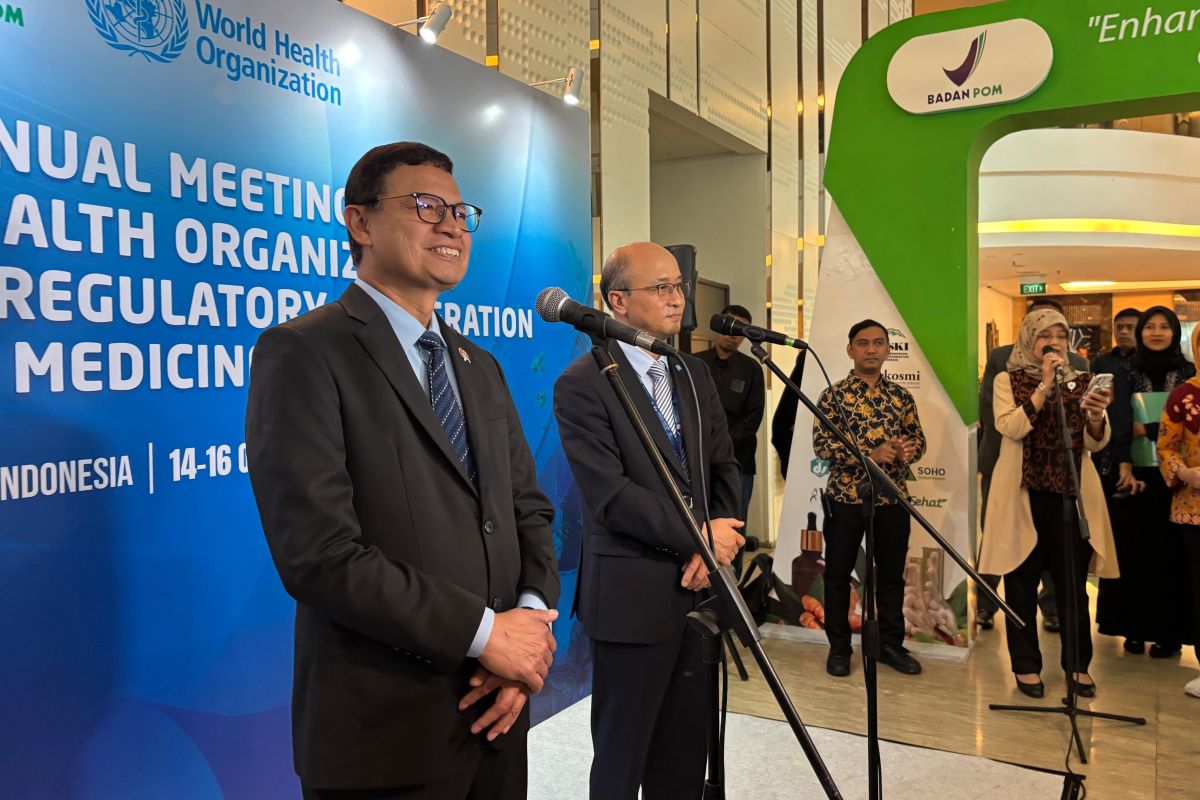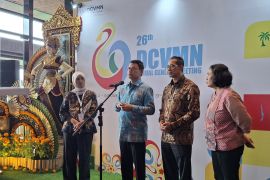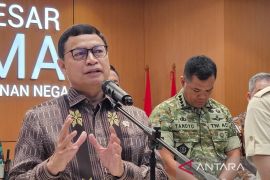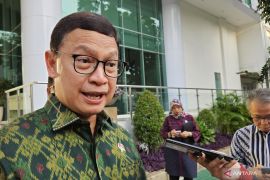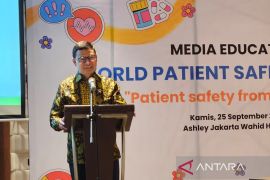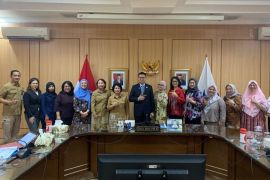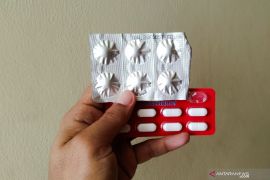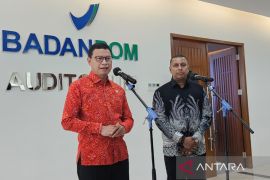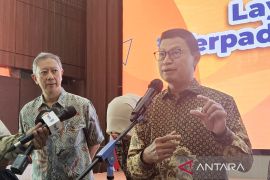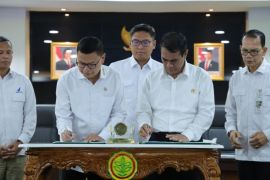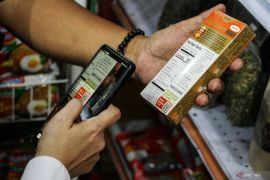BPOM Head Taruna Ikrar said Indonesia would provide a science-based explanation to the US Food and Drug Administration (FDA) to demonstrate that all handling measures are carried out professionally and transparently.
“BPOM will assure through technical guidance that we are taking this issue very seriously,” Taruna stated after opening The 16th Annual Meeting of the WHO-International Regulatory Cooperation for Herbal Medicine (WHO-IRCH) Network 2025 in Jakarta on Tuesday.
“With the involvement of a special task force, we are professionally committed to ensuring that any contaminated materials will not be used, and such products will be decontaminated and destroyed,” he added.
Taruna explained that BPOM would submit a detailed report to the FDA regarding Indonesia’s response to the detection of Cs-137 in frozen shrimp from PT BMS and cloves from PT NJS.
According to him, a scientific approach is essential to maintain international confidence in the safety of Indonesia’s export products.
“With that confidence, I believe we can follow up effectively, and hopefully soon, both the red list and yellow list designations will be lifted,” he added.
Earlier, the Task Force for the Handling of Cesium-137 Radioactive Hazard, established by the government on Monday (October 13), clarified that not all shrimp and clove products from Indonesia are prohibited from entering the US market.
According to the task force, the FDA’s import alert primarily requires Indonesian shrimp and clove exports to include certificates proving they are free from radioactive contamination, particularly products originating from Java and Lampung, which are currently listed under the yellow list.
Meanwhile, companies on the red list, such as PT BMS, must submit petitions, undergo verification processes, and obtain certification from independent institutions accredited by the FDA.
BPOM emphasized that continuous communication and clarification efforts with the FDA are being maintained to uphold market trust in the safety of Indonesian exports.
The government, through BPOM and relevant task forces, remains committed to strengthening monitoring systems and ensuring that all exported products comply with international safety standards.
Related news: Indonesian govt to issue new industrial radiation reporting rules
Related news: Cs-137 decontamination targeted for completion in December: Minister
Related news: Indonesia mandates radioactive-free certificates for US-bound shrimp
Translator: Primayanti
Editor: Azis Kurmala
Copyright © ANTARA 2025
